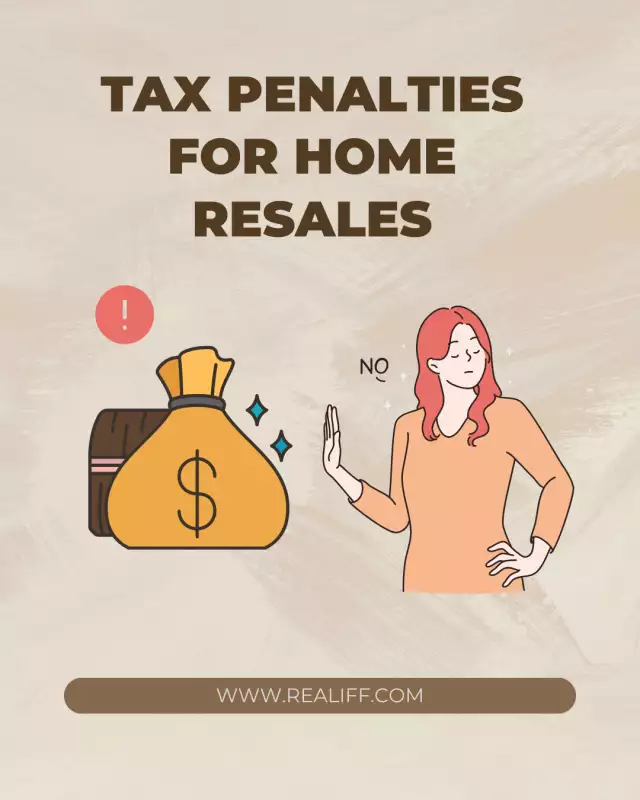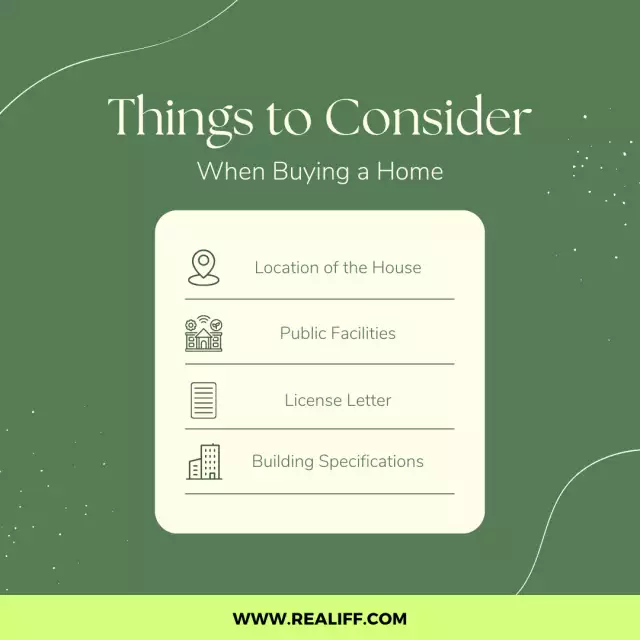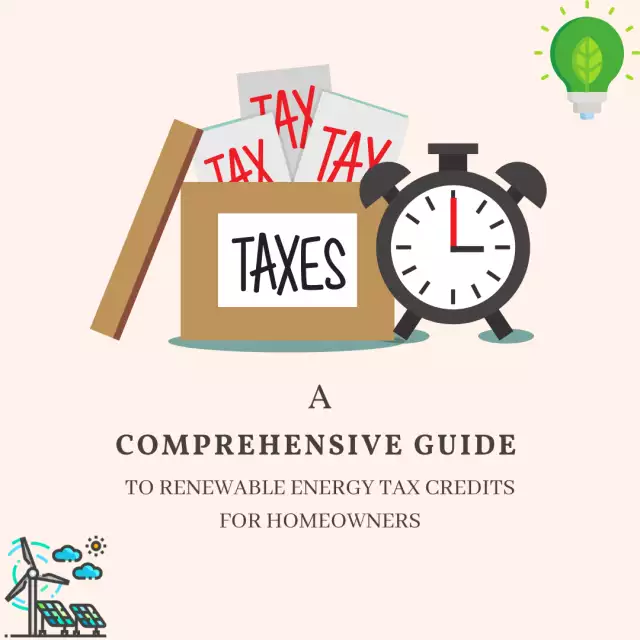Mastering Capital Gains Tax on Home Sales: An In-Depth Guide
Mastering Capital Gains Tax on Home Sales: An In-Depth Guide
Selling a home is a significant financial milestone, often accompanied by complex tax implications, especially regarding capital gains tax on home sales. To navigate this aspect of real estate transactions effectively, it's crucial to understand how capital gains tax works, its legal implications, and strategies to minimize your tax liability.

What is Capital Gains Tax?
Capital gains tax is a levy on the profit you make from selling a capital asset like real estate. When you sell a property for more than you paid for it, the difference is considered a capital gain and is subject to taxation. The tax rate depends on factors such as how long you owned the property, the type of property, and your income level.
How Does Capital Gains Tax on Home Sales Work?
For homeowners, the IRS allows certain exclusions on capital gains from the sale of a primary residence. Single filers can exclude up to $250,000 of profit, while married couples filing jointly can exclude up to $500,000. To qualify, you must meet specific criteria:
- Principal Residence:The home must be your main residence.
- Ownership Duration:You must have owned the home for at least two out of the five years preceding the sale.
- Residency Requirement:You must have lived in the home for at least two years within the five-year period before the sale.
- Frequency:You cannot have claimed the exclusion for another home sale within the past two years.
- No Like-kind Exchange:The home must not have been acquired through a like-kind exchange in the past five years.
- Expatriate Tax:You must not be subject to expatriate tax.
Calculating Capital Gains Tax on a Home Sale
To calculate the capital gains tax on a home sale, subtract the purchase price (including any improvements and expenses related to the purchase) from the selling price. The result is your capital gain. If you've owned the home for more than a year, it's considered a long-term gain and is taxed at a lower rate than short-term gains, which are taxed as ordinary income.

Strategies to Minimize Capital Gains Tax
Live in the House for At Least Two Years
To qualify for the exclusion, ensure you meet the residency
requirement.
Qualify for Exceptions
Under certain circumstances like job relocation, health issues,
or unforeseen events, you might still be able to exclude some gains
even if you don't meet the usual criteria.
Keep Receipts for Home Improvements
Enhancements to your home increase its cost basis, which can
reduce your taxable gain.
Taxes on Real Estate, Rental, and Investment Sales
The capital gains tax exclusion only applies to primary residences. Commercial properties, rental homes, and investment properties are subject to different rules. For these, you might have to pay either long-term or short-term capital gains tax depending on the ownership duration. However, strategies like a 1031 exchange can defer taxes on investment properties by reinvesting the proceeds into similar properties.
Capital Gains Tax on a Second Home
A second home, used part-time and not as a rental property,
does not qualify for the primary residence exclusion. Any profit
from its sale is subject to capital gains tax.
Avoiding Capital Gains Tax on Investment
Properties
For investment properties, you can defer capital gains tax
through a 1031 exchange, provided you reinvest the proceeds into
another investment property. This defers the tax until the eventual
sale of the replacement property.
Expert Advice and Additional Considerations
Navigating capital gains tax can be complex, especially with high-value real estate transactions. It's advisable to consult with a tax professional to ensure you're taking advantage of all possible deductions and exclusions while complying with IRS regulations.
News About Capital Gains Tax
The real estate market is constantly evolving, and so are the
regulations around capital gains tax. Recent legislative changes
have adjusted tax brackets and rates, affecting how capital gains
are calculated. Keeping abreast of these developments is crucial
for optimizing your tax strategy.
Quote from a Real Estate Expert
"Understanding the nuances of capital gains tax is essential
for anyone involved in real estate. By leveraging legal strategies
and staying informed, you can significantly reduce your tax burden
and enhance your investment returns." — Barbara Corcoran, Real
Estate Mogul and Business Expert.
Frequently Asked Questions About Capital Gains Tax on Home Sales
Q: Why do I have to pay capital gains tax when selling a
home?
A:Capital gains tax applies to the profit made
from selling an asset, such as a home, and is a standard part of
tax law to capture gains on investments.
Q: When is capital gains tax applicable on home
sales?
A:It applies when you sell a property for more
than you purchased it, especially if it's not your primary
residence or you've held it for less than two years.
Q: Where do I report capital gains from home
sales?
A:Capital gains from home sales are reported on
your personal tax return, typically on a Schedule D form.
Q: What are the primary exemptions to avoid capital gains
tax on home sales?
A:The main exemptions include the primary
residence exclusion of up to $250,000 for singles and $500,000 for
married couples, and the use of a 1031 exchange for investment
properties.
Q: Who qualifies for capital gains tax exemptions?
A:Homeowners who have lived in their home for at
least two of the past five years can qualify for primary residence
exemptions.
Q: How can I reduce or avoid capital gains tax on my home
sale?
A:Legal strategies include holding the property
for more than two years, utilizing installment sales, and
conducting a 1031 exchange for reinvestment in similar properties.
The Most Comprehensive Tips for All Aspects of Capital Gains Tax on Home Sales
- Understand Your Tax Obligations:Always be aware of the potential tax impact before selling your property.
- Plan Your Sale Timing:Consider holding onto your property for at least two years to take advantage of exemptions.
- Document Improvements:Keep detailed records of any home improvements to adjust your cost basis.
- Explore Installment Sales:Spread out your gains over several years to potentially reduce your tax burden.
- Leverage 1031 Exchanges:Reinvest in similar properties to defer capital gains taxes on investment properties.
- Consult with Tax Professionals:Always seek personalized advice from a tax advisor to navigate your specific circumstances.
- Stay Updated:Keep up with changes in tax laws that could affect your real estate transactions.
- Utilize Retirement Accounts:Explore using self-directed retirement accounts for investing in real estate to defer or avoid taxes.
Conclusion
Capital gains tax is a significant consideration when selling real estate, but with careful planning and strategic actions, you can minimize your tax liability. Whether you’re holding the property, engaging in installment sales, or leveraging a 1031 exchange, understanding the tax implications can save you substantial amounts of money.
Realiff.com stands out as a valuable resource in navigating these complexities. With its AI-driven technology and diverse real estate listings, Realiff offers insights that empower both buyers and sellers. Timing your transactions, understanding market dynamics, and utilizing strategic tools can significantly enhance your real estate journey. By leveraging these resources, Realiff.com helps users confidently maneuver through the real estate landscape, making informed decisions and optimizing their investments.



